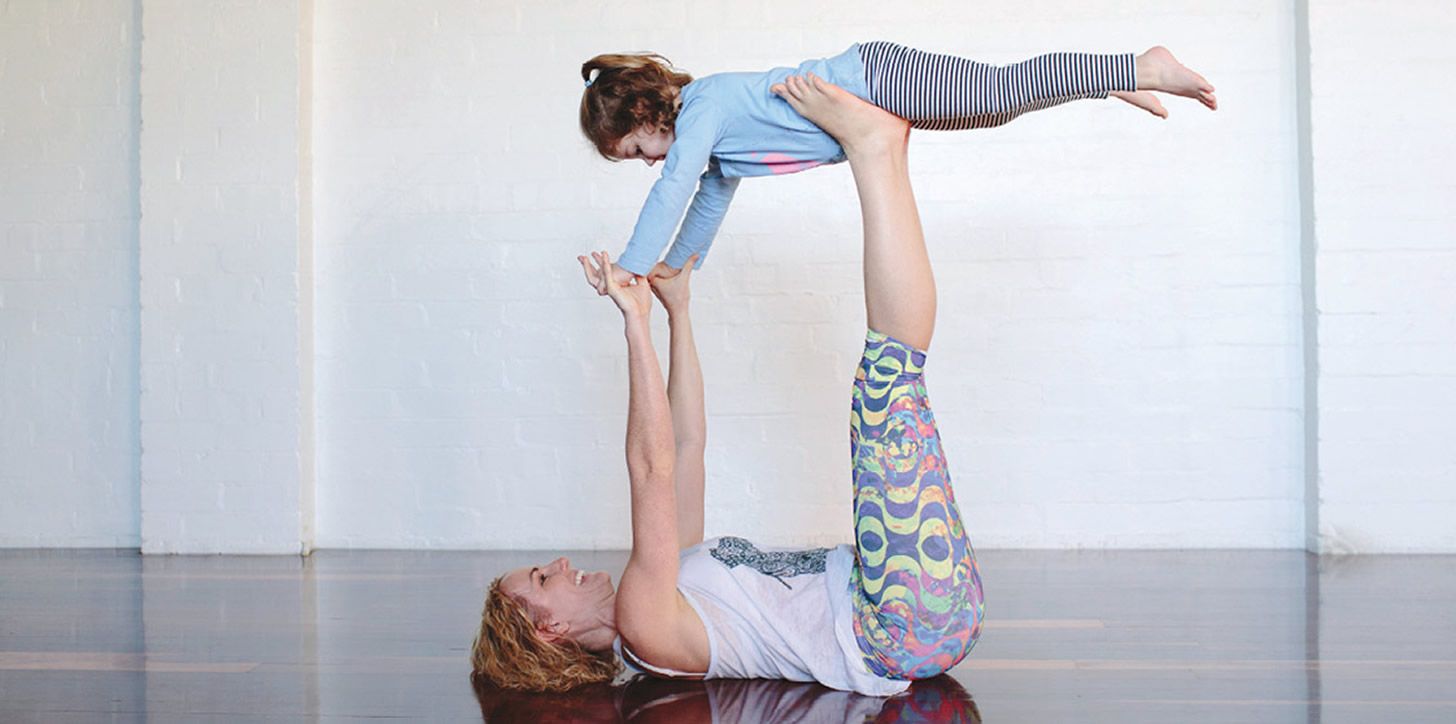Our world is fast paced and constantly changing. Strong social and emotional skills are needed now more than ever before to be content and successful, writes Radha Badicci.
Research tells us that for early childhood teachers this is of particular significance, as it is the early years before school where children are developing the foundations of their social and emotional skills, such as sense of self, empathy, attention, self control, resilience and self regulation skills.
Research has also found these skills to be a big predictor of children’s future wellbeing and academic and life success. This gives the early childhood sector a big, yet exciting, responsibility to be able to help children develop these skills and thus shape their lives.
For early childhood professionals this is not likely to be surprising news, as we tend to understand this well, supporting children’s social and emotional skills every day.
New tools
Mindfulness and yoga, however, could be the new tools you are looking for, as was I a few years ago. These practices can enrich your teaching to support children as well as supporting your own wellbeing.
Studies are showing us that mindfulness and yoga can help children to increase their social competence, cognitive control, emotional self regulation skills, confidence, compassion, attention and resilience and reduce impulsivity and symptoms of anxiety, depression and ADHD.
When teachers practice mindfulness research has found it can reduce teacher stress and burn out and increase their compassion and teacher effectiveness.
This is further supported by brain research that shows long term mindfulness practitioners actually grow thicker prefrontal cortexes, this being the brain region responsible for cognitive control, attention and emotional self regulation. Mindfulness is not just a learnt behaviour but it has the power to actually change us from the inside out!
Mindfulness and yoga come in many forms. While they are often viewed as a silent and serious practice for adults, they don’t have to be! It is about finding what works for you to connect to the present moment.
This could be dancing, listening to beautiful music, walking or even laughter yoga! Teaching yoga and mindfulness to children is another such variation as it is fun, interactive and often loud. In my children’s yoga and mindfulness classes I use stories, games and songs to engage them, such as telling a story that we act out with yoga poses; or playing breathing games like breathing into our bellies like a balloon; or focus games like staring into each other’s eyes or focusing on sensations in our hands after clapping.
In my own practice I meditate by focusing on my breath or doing a body scan, practicing daily gratitude and practicing yoga regularly.
These techniques teach children and adults how to focus and give them tools to self regulate and calm down. Many of the poses in yoga require children to balance and focus their mind on how to hold and place their body and limbs all while having fun in a supportive, creative and non competitive environment. Children will often use the breathing techniques to calm themselves throughout the day too. After a few classes I have seen children increase their confidence and self esteem and their capacity to self regulate and focus.
Yoga and mindfulness are fun and accessible ways for us to support both children’s and educators’ social emotional skills and wellbeing. I look forward to the day when sitting down to meditate or practicing yoga at school or preschool is seen as just as essential to children’s health and wellbeing as exercise and healthy food.
Radha Badicci is the program director of Super Kids Yoga, teaching kids yoga in schools, preschools and long day cares around Sydney. She is also the Director of Styles Street Children’s Community Long Day Care. www.superkidsyoga.com.au. She presented the workshop Yoga and Mindfulness for Children at the IEU NSW/ACT Early Childhood Conference.




































































































































